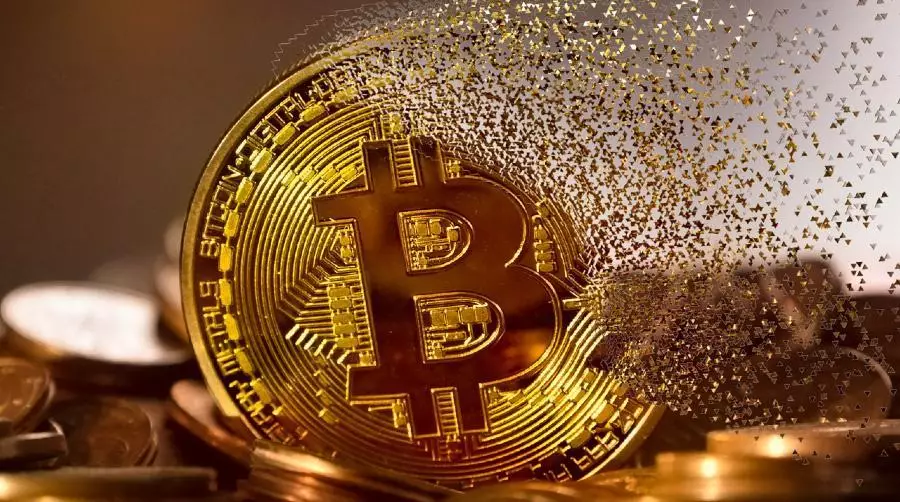Russian oil production is set to fall by around 20% by early next year as an import ban from the European Union takes effect, according to Bloomberg citing the International Health Organization (IEA).
Gradual monthly reductions will start as early as this month and will accelerate as the embargo takes effect, the IEA said in its report. The agency expects nearly 2 million barrels a day to be withdrawn by early 2023, despite a healthy output recovery in recent months.
The EU is set to cut off most crude purchases from Russia from December 5 in a bid to cut off the revenue streams the Kremlin is using to fund its war in Ukraine. The EU ban on Russian oil shipments comes into effect on February 5.
About 1 million bpd of Russian products and 1.3 million bpd of crude should find a new market due to the planned EU restrictions, according to IEA estimates.
Russian oil production has risen over the past three months, reaching nearly 10.8 million barrels per day in July, as the country redirects crude flows to Asia.
As the West has imposed a series of sanctions on Russia over the war in Ukraine, Moscow has successfully redirected crude supplies to Asia, away from the EU. Asian buyers unfettered by Western restrictions have been eager to buy Russian crude. barrels at a discount due to the sanctions.
In June, China overtook the EU for the first time to become the top market for Russian crude, according to IEA data. The Asian country imported 2.1 million barrels per day compared to the EU’s 1.8 million barrels per day, according to the report.
But Russia’s crude shipments to Asia have stabilized in recent weeks, according to Bloomberg data, raising concerns about whether the region can increase imports further to offset the effects of the European embargo.
Russian oil production in the first three days of August averaged around 10.51 million barrels per day. This is down about 2.5% from July, but so far appears to be due to seasonality rather than long-term factors such as sanctions.
Source: Capital
I am Sophia william, author of World Stock Market. I have a degree in journalism from the University of Missouri and I have worked as a reporter for several news websites. I have a passion for writing and informing people about the latest news and events happening in the world. I strive to be accurate and unbiased in my reporting, and I hope to provide readers with valuable information that they can use to make informed decisions.






